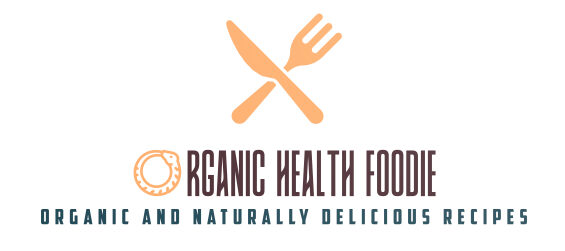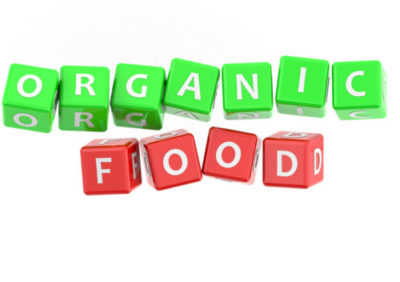 So what is Organics? Well, let me first begin by saying its not a complicated science, and below I will explain just the basics of what I myself have discovered and learned through my own personal research and study as an “Organic Health Foodie.”
So what is Organics? Well, let me first begin by saying its not a complicated science, and below I will explain just the basics of what I myself have discovered and learned through my own personal research and study as an “Organic Health Foodie.”
This wealth of information is for those of you who may be unfamiliar as I once was about the importance of organic and “pesticide-free” foods, and who may likewise be interested in exploring and embarking in your own organic journey and investing or even re-investing in a more vibrant and healthier lifestyle through the foods you choose and the products you decide use.
My brief explanation and somewhat awkard dissertation regarding 100% natural or organic foods, I will simply refer to as Organic 101 For Dummies. So if you are ready to begin, and are ready to discover how you can too can move to enjoying life as an “Organic Health Foodie,” grow towards becoming organic-wise, and trail blaze towards becoming much more healthier naturally and doing so the organic way—then simply keep reading.
IN THE BEGINNING WAS…ORGANIC
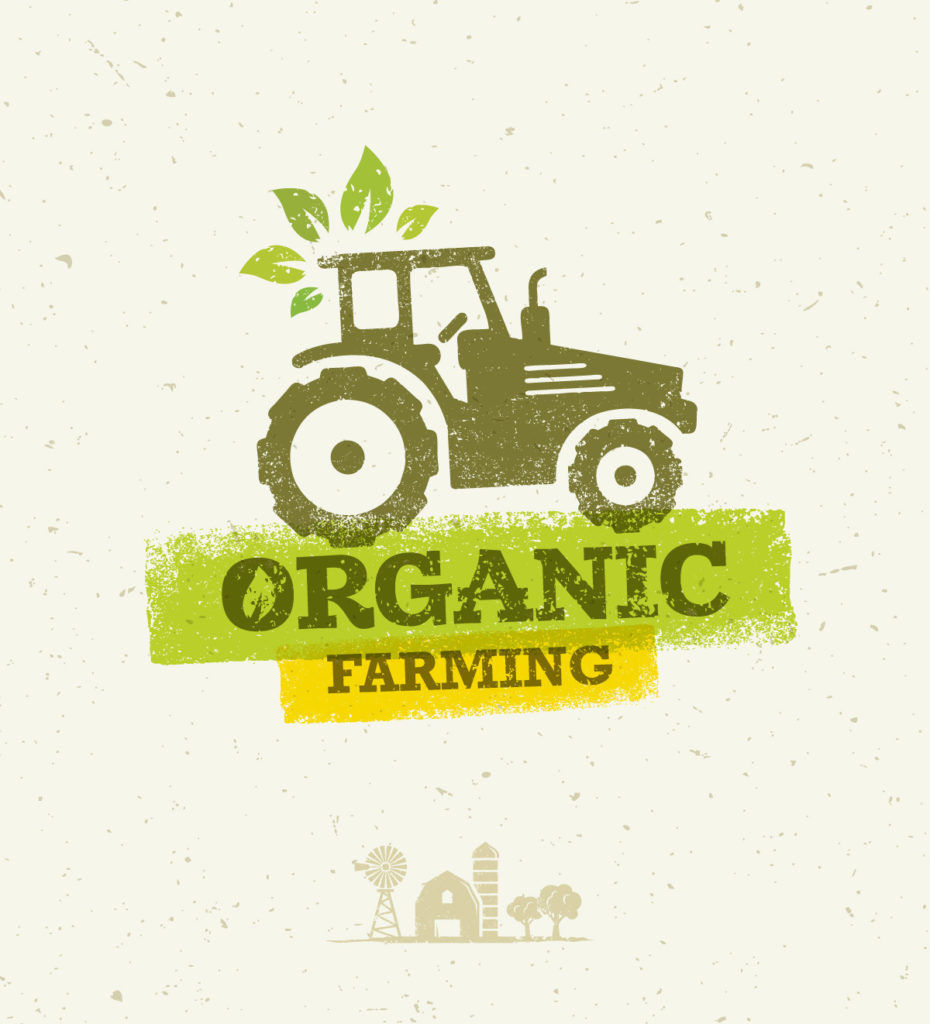
The business of Organics really have its origin “In the beginning” where the Planter and Creator of the Earth was God, and His gardener or tiller of the earth, was the first man Adam, and subsequently others. There was a period at the beginning of Creation where the earth and its soil where totally without contamination—an Edenic paradise it was. However, with the curse of the earth, air pollution, as well as a host of man-made contaminants added, the earth and its very soil, as well as its foods, which were originally created “very good” are no longer in its purest state or contaminant free.
And God said to Adam, “Cursed is the ground because of you, in sorrow shall you eat of it all the days of your life. Thorns and thistles shall it bring forth to you; and you shall eat the herb of the field.”
So was does “Organic” really mean? Well, according to the USDA Organic Program, organic produce or ingredients are those that have been produced and manufactured without synthetic fertilizers and herbicides. Organic meats and dairy are void of antibiotic injections, growth hormones, and are raised on organic feed and not sewage sludge. Other organic products are cleanly manufactured and without those nasty GMO’s, chemical additives, preservatives, or ionizing radiation regularly found in conventionally processed foods. WOW! What a laundry list of toxins we have been ingesting! Discovering this spoke volumes to me, especially where my dietary health and nutrition were concerned. So I decided to take matters concerning my own health, in my own hands. Are you ready too?
See organic foods are produced and certified under great scrutiny, as organic farming promotes healthy soil as well as the conservation of water through ecology. The entire process for farmers and their produce or products to be classified as “organic” takes a maximum of 3 years. The fertilization of the land is an integral part in organic farming, and building the integrity and tilling the natural soil is a process, mandating it meets all of the necessary requirements at the time of its initial inspection. Plus, typically there are routine annual inspections to insure that farmers of organic produce remain in compliance and their products continue to measure up to standard.
So why are organic foods so expensive you might be wondering? First of all, I don’t know that they ALL are, though some very well may be and indeed are. However, for those that may be up by a few dollars or cents, it might be due to the time and costs that goes into organic farming. According to this popular online resource, Organic.org the following reasons the cost may appear a little exorbitant for organic foods are as follows.
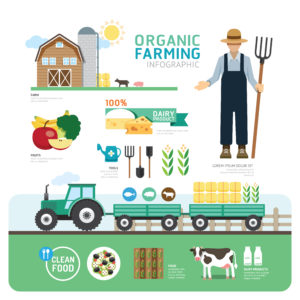 Organic farmers do not receive federal subsidies like conventional farmers.
Organic farmers do not receive federal subsidies like conventional farmers.
The price of conventional food does not reflect the cost of conventional cleanup that is paid through tax dollars.
Organic farming involves is more intense in labor and its management.
Organic farms are smaller than conventional one, and do not necessarily benefit from the economies of scale that large growers get.
Before a product can be labeled “organic” a Government-approved certifier inspects the farm where the food is grown to make sure the farmer is following all the rules necessary to meet USDA organic standards.
The USDA has three categories, as listed below, for labeling organic products. 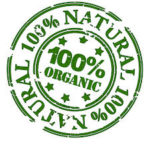
- 100% Organic: Made with 100% organic ingredients. Will usually have the 100% USDA seal is a guarantee of assurance for consumers that the food item has met the quality and highest standards to be labeled as such…
- Organic: Made with at least 95% organic ingredients.
- Made with “Organic Ingredients” – At least 70% of the ingredients must be organic ingredients with the other 30% at least GMO free.
So by keeping the above guidelines in mind, you will actually know what is organic, what is not, and what is in part. The benefit of eating primarily, if not solely, organic rather than that of unprocessed foods are many, and despite what the FDA and so-called experts have had to say. Just think embracing organically produced foods, we are depriving our bodies of an overload of harmful toxins (i.e. chemical sprays, pesticides, GMOs, MSG, and a host of others) which do adversely affect our health in the long run, as many have been identified by experts as known carcinogens (i.e. cancer causing agents). Enough said right?
So doesn’t it just make overall sense for us to move from remaining over-processed food dummies who are just pumping our trunks full of junk, towards deciding to study to become “organic-wise” through the foods we decide to consume. Lastly, I encourage you to take the organic food test, so that you can prayerfully graduate towards more vibrant health as you get on board and join me in becoming an “Organic Health Foodie” too!
A few other helpful terms when shopping are as follows.
All Natural: Foods that do not contain any artificial or synthetic substances and no added coloring.
Earthy-Friendly: Products that are manufactured and produced through processes that reduce the negative impact on the environment (e.g. chemical-free, biodegradable, recyclable).
Vegan: Diet is solely of plant origin, and void of animal ingredients or its byproducts such as eggs and dairy.
Vegetarian: Foods derived from plant sources such as fruits, legumes, nuts and grains. Plus, they can be inclusive of dairy.
